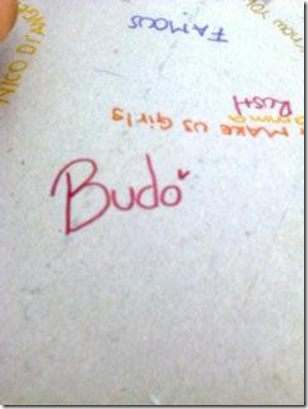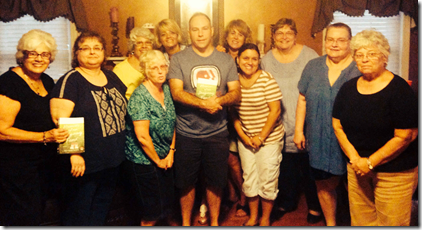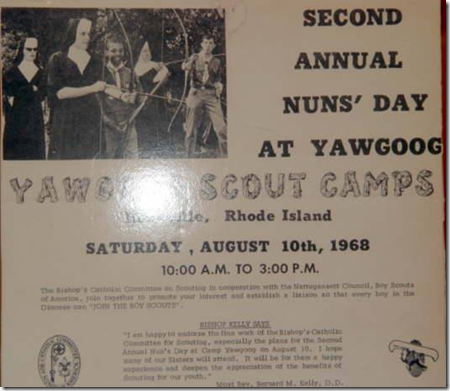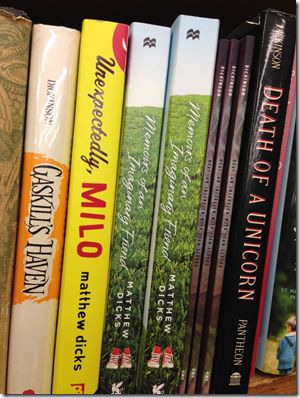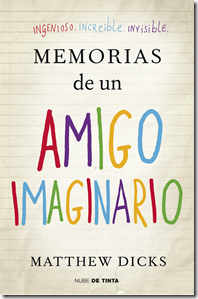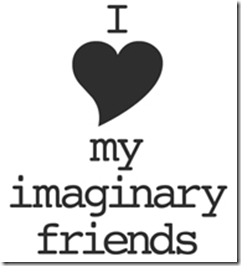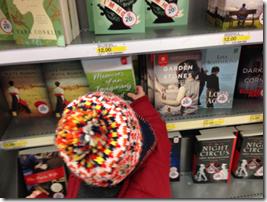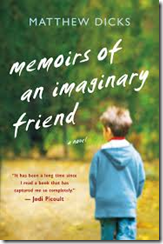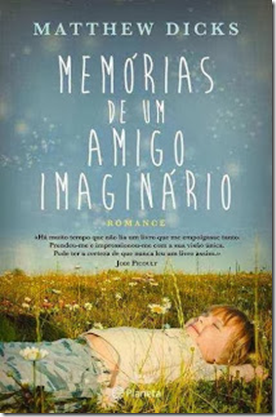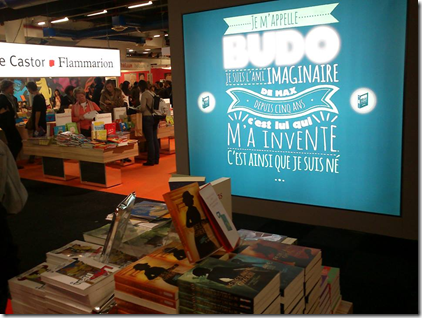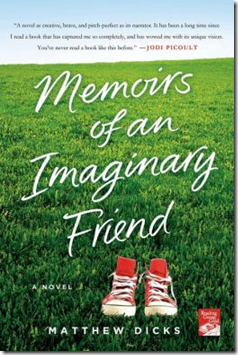Bestselling author Lionel Shriver has been criticized this week for a piece she wrote in The New Republic in which she complains about the amount of publicity and the demands on her time that an author of her stature endures in today’s literary environment.
She writes (I suggest you skim):
Thus, at a time I desperately need to get my next first draft off the ground, check out my commitments for the next couple of months or so: multiple-hour interviews with Dutch and Belgian periodicals, along with the dreaded photo shoots. Literary festival appearances in London’s Soho, Charleston, Birmingham, Cheltenham, Newcastle, Folkestone, Cambridge, Wapping, and Bali (yeah, yeah, tell us another sob story—but Southeast Asia involves a 17-hour plane trip and a discombobulating seven-hour time difference; I still have to work on more than my tan). A reading of one of my short stories at the Arts Club in London. Dinners with my publisher and editor to discuss a new imprint. Copious radio interviews. A ceremony for the National Short Story Award, for which I’m short-listed—and prizes are a particularly destructive time and emotion suck, since in most cases you don’t win. The delivery of a “sermon” in Manchester, which for an atheist will be a big ask. A formal lecture in Amsterdam, replete with mini author’s tour for the Dutch translation of my last novel. A panel on “storytelling” for Mumsnet. A presentation to prospective supporters of Standpointmagazine, for which I write a monthly column. An “in-conversation” for a medical conference. What already awaits in 2014? A reading at the Royal Academy, a two-week promotional tour of Australia, a six-week teaching residency in Falmouth, events in Muncie, Indiana, and Bath, and invitations, as yet mercifully unaccepted, to festivals in Alberta, Vancouver, Estonia, and Singapore.
I don’t know Lionel Shriver and have never met her, but based upon her piece, I think she kind of sucks.
As I explained to a student just yesterday, when you complain loudly and vociferously about the 99% that you scored on your essay, you sound like a jerk. Yes, the 1% that was deducted for a couple of unfortunate misspellings is annoying, but just think about all the students around you who worked long and hard on their essays and only received a B or a C for their efforts.
It’s fine to be disappointed. It’s perfectly acceptable to be annoyed. Just keep those complaints in your head, or express your frustration to some trusted friends. Not the entire class.
Or in Shiver’s case, not the world.
For every bestselling, in-demand author like Lionel Shriver, there are tens of thousands of authors and perhaps millions of want-to-be authors who would love to receive a modicum of the attention and adulation that she has. Many of these writers work just as hard or even harder than she does but are simply not as talented or haven’t found the right editor or agent or haven’t written their breakout book yet.
Shriver needs to recognize this before she complains so loudly and vociferously in a publication like The New Republic, and then she should think better about writing a piece like this.
Like I told my student, it’s fine to be frustrated and annoyed by your success. Just don’t broadcast those feelings to the less-than-successful world. It’s difficult for me to imagine a single person feeling sympathy for her, particularly when she is fully capable of declining most, if not all, of the commitments on her list.
In the spirit of realizing how fortunate an even less-than-bestselling author like me is, here is my meager but amazing schedule of commitments for the week:
Yesterday I had the opportunity to Skype with a book club from Saudi Arabia. We discussed my most recent novel, Memoirs of an Imaginary Friend, as well as my writing process and a little bit about my personal background. We even spoke a bit about my previous books, another pet peeve of Shriver’s.
While Lionel Shriver may have found the hour that I spent with these ladies bothersome and distracting, I was honored and thrilled to speak to them, and I had a great time doing so.

Later, I exchanged emails with the coordinator and and administrator of intellectual property for a college in New South Wales, Australia, who was requesting permission on behalf of a student to adapt Memoirs of an Imaginary Friend for the stage. While I won’t be paid for this adaptation and will likely never have the chance to see it, the idea that a person on the other side of the world in interested in adapting and directing a play based upon my book is thrilling. I wish I could attend one of the performances, which is scheduled for February, but sadly I’m not in a position to fly to Australia to see a play, even if it’s based on my work.
Lionel Shriver may have found the writing of those emails tedious, and if she were invited to one of the performances, she might add it to her long list of laments, but once again, I am honored and thrilled that someone liked my book enough to bring it to life on the stage.
Tomorrow evening, I will be traveling to Madison, Connecticut to speak to a happiness club about some of the ways that I have achieved happiness in my life. When I received this request six months ago, I was honored but a little befuddled.
Why me?
Am I really in a position to speak about happiness?
Am I even happier than the average person?
I asked friends and family for their thoughts on the subject, and the most common response went something like this:
If you’re not happy, there’s something wrong with you. You have the perfect wife and two amazing children. You’re a teacher who loves his job and has been recognized for his skill and expertise. You’re an author who has published three novels that have been translated into more than twenty languages around the world. You own a small business with your best friend that you started from scratch. You have a enormous collection of diverse friends. You love golf and play it more often than most people. And in just the past two years, you’ve become an award winning storyteller who performs routinely in New York and Boston and have launched your own storytelling organization with your wife. If you’re not happy, you’re a stupid jerk.
My friends and family are right. I am exceptionally fortunate, uncommonly blessed and should be extremely happy with my life. And I am. Sometimes it’s good to be reminded about just how lucky I am.
Something that someone should apparently do for Lionel Shriver.


